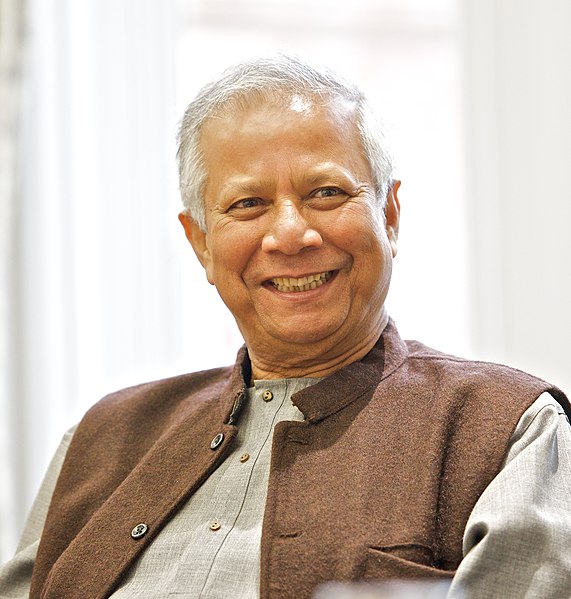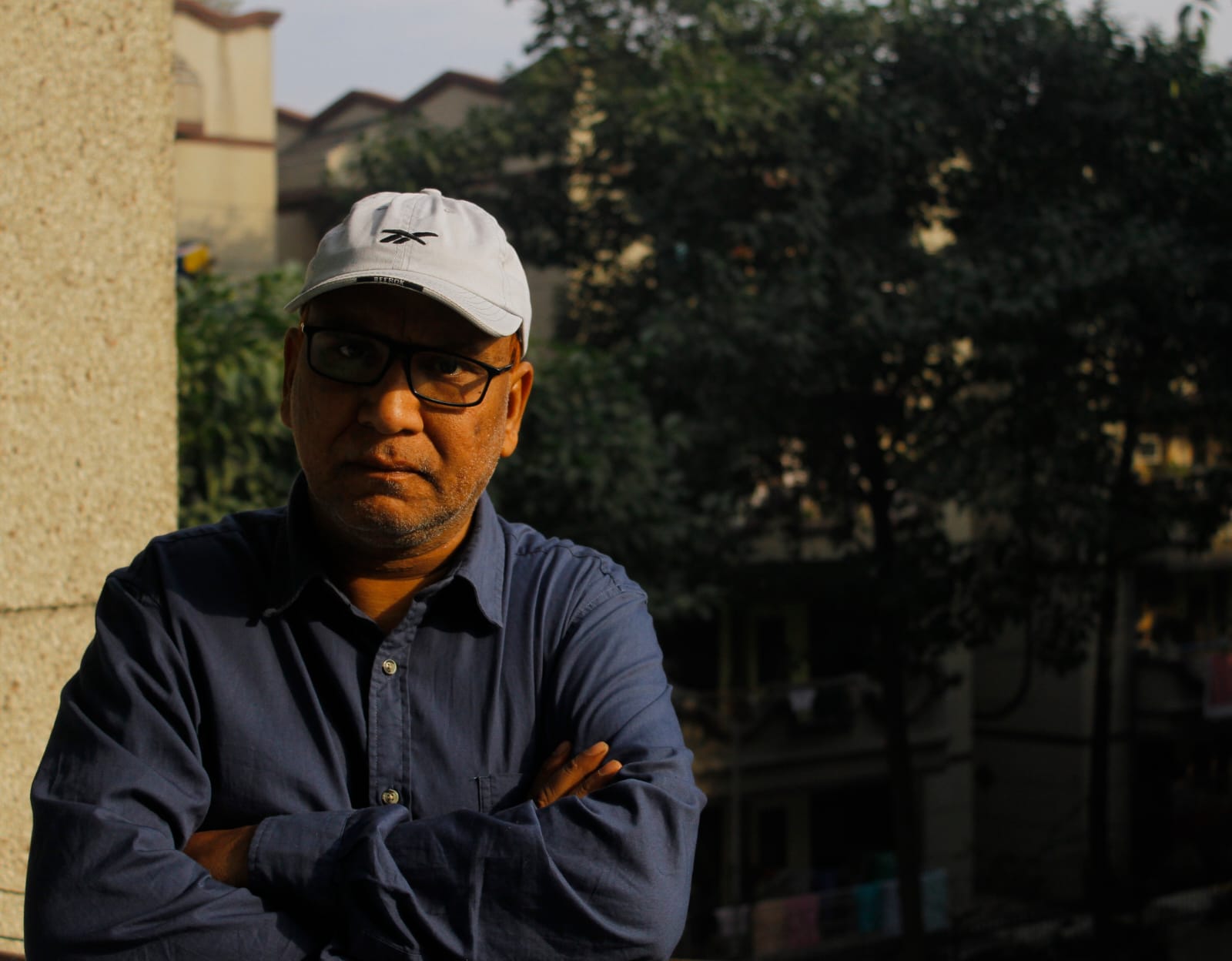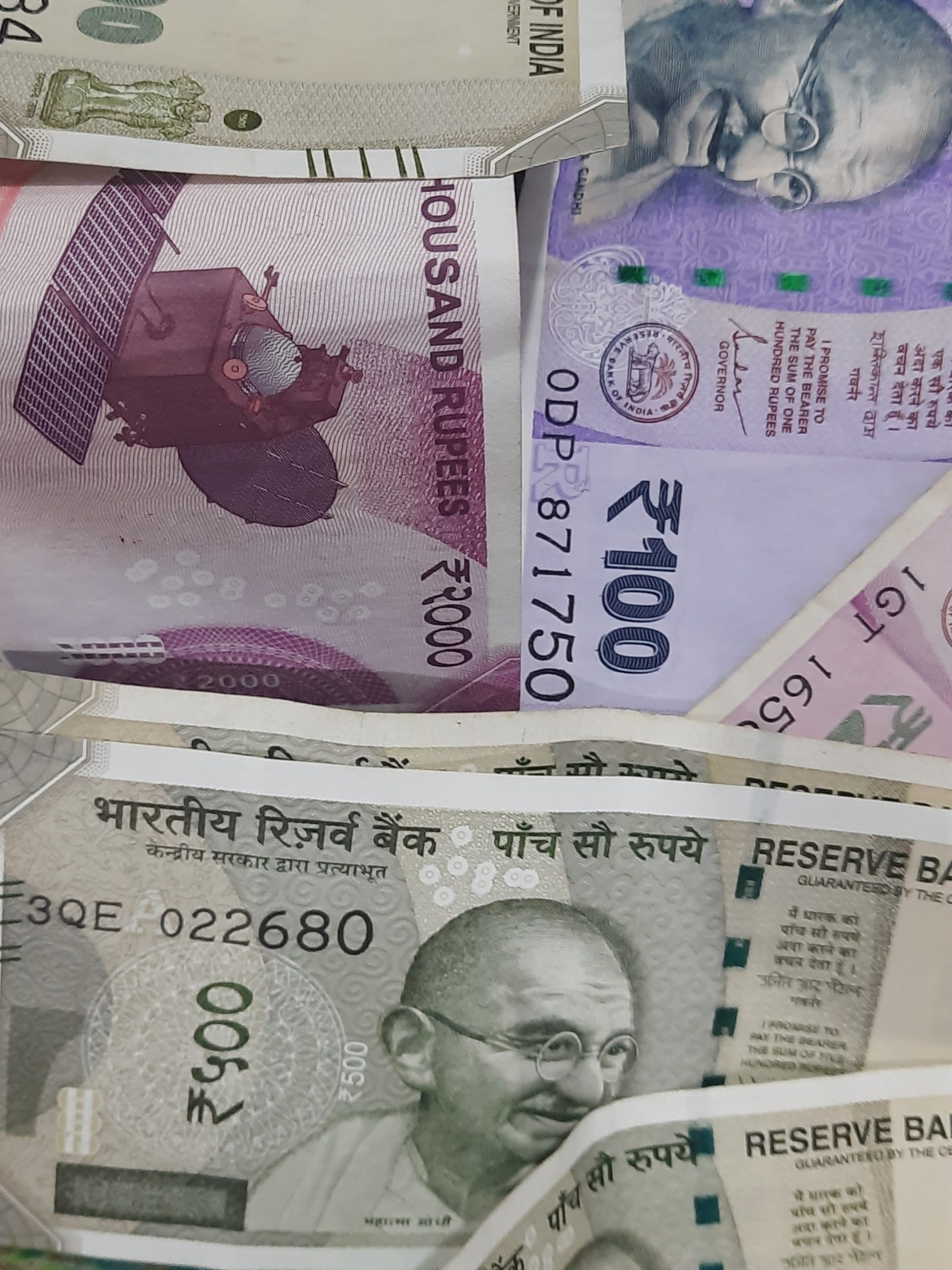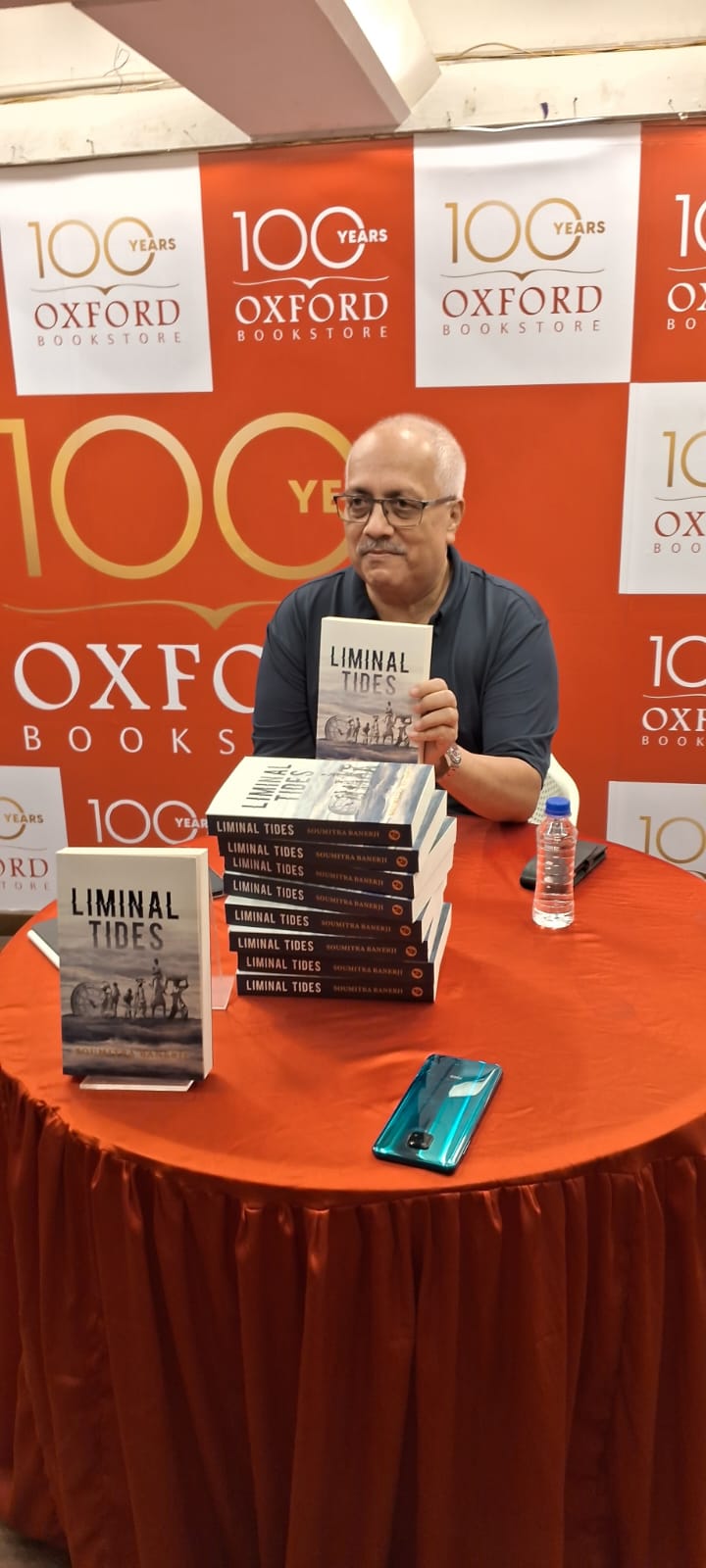Modi makes 5 recommendations at BRICS meet
Ravi Shanker Kapoor | June 28, 2019 8:56 pm
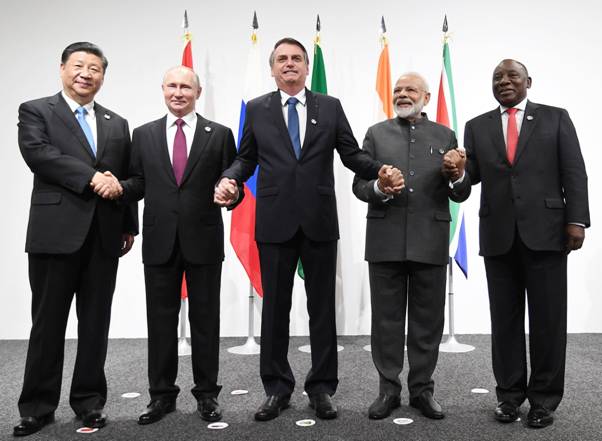
Prime Minister Narendra Modi made five key recommendations in an intervention at the BRICS leaders’ informal meeting on the margins of G20 Summit in Osaka, Japan, today.
Speaking in Hindi, he said, “The synergy between BRICS countries can lead, to some extent, to the resolution of the side effects of unilateral decisions. We have to keep on emphasizing for reformed multilaterism in international financial and business institutions and organizations for the necessary reforms.”
Second, for sustained economic growth, the required resources, such as oil and gas, are needed to be constantly available at low prices, he said.
Physical and social infrastructure and renewable energy programs of the member countries should get more priority by the New Development Bank, Prime Minister Modi said. “India’s initiative for Coalition for Disaster Resilient Infrastructure will help in the development of appropriate infrastructure to face natural calamities by the least developed and developing countries. I exhort all of you to join this coalition.”
Fourth, he said, movement of skilled workers around the world should be easy. This will also benefit the countries where a large part of the population has crossed the working age.
“I have recently called for a Global Conference on Terrorism,” Modi said. “Lack of necessary consent to fight against terrorism cannot keep us deedless. I appreciate Brazil to give a place in the main priorities to the fight against terrorism.”
The joint statement on BRICS leaders’ informal meeting supported India’s stand on terror. It said, “We strongly condemn terrorist attacks, including against BRICS countries, in all forms and manifestations, wherever and by whom so ever committed. We urge concerted efforts and a comprehensive approach to counter terrorism under the UN auspices on a firm international legal basis.”
It also underlines the fact that all countries have to fight terrorism: “We reiterate that it is the responsibility of all states to prevent financing of terrorist networks and of terrorist actions from their territories. We reiterate our commitment to fight the exploitation of internet for terrorist purposes. While recognizing that states have the leading role to ensure safety and security in the use of ICTs, we call on the technology companies to cooperate with governments, in accordance with applicable law, to eliminate the ability of terrorists to use digital platforms to encourage, recruit, facilitate or commit terrorist acts.”







